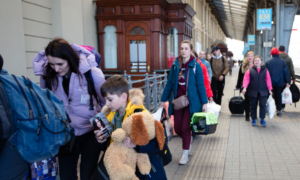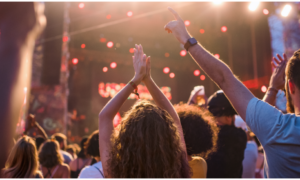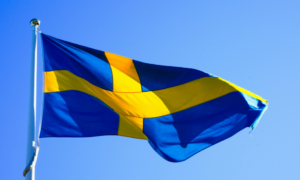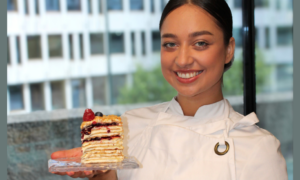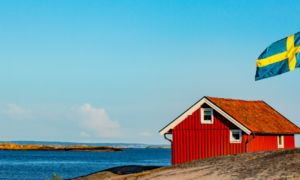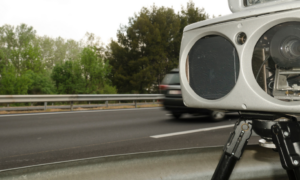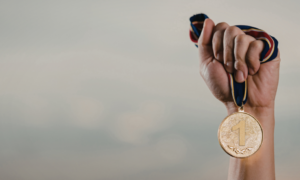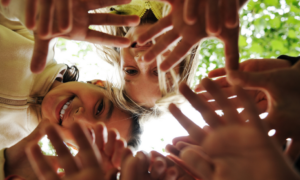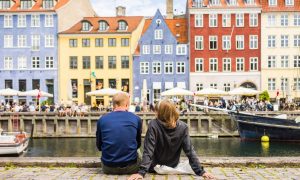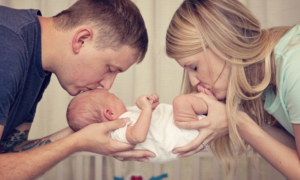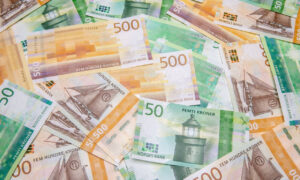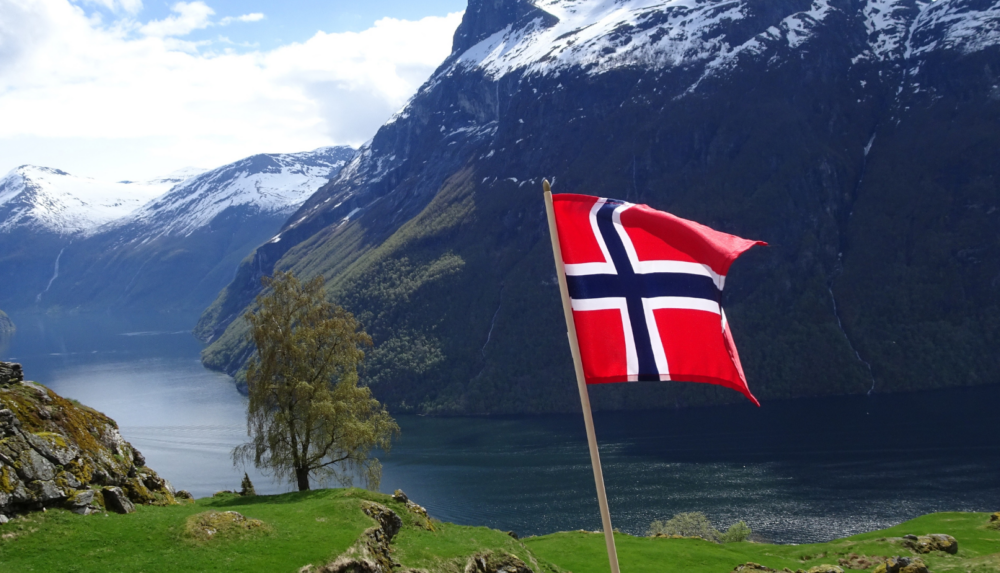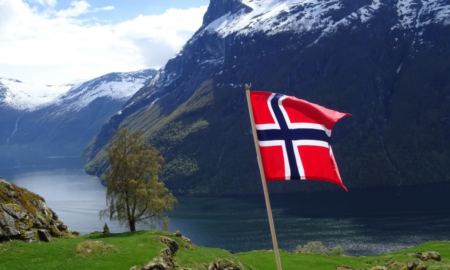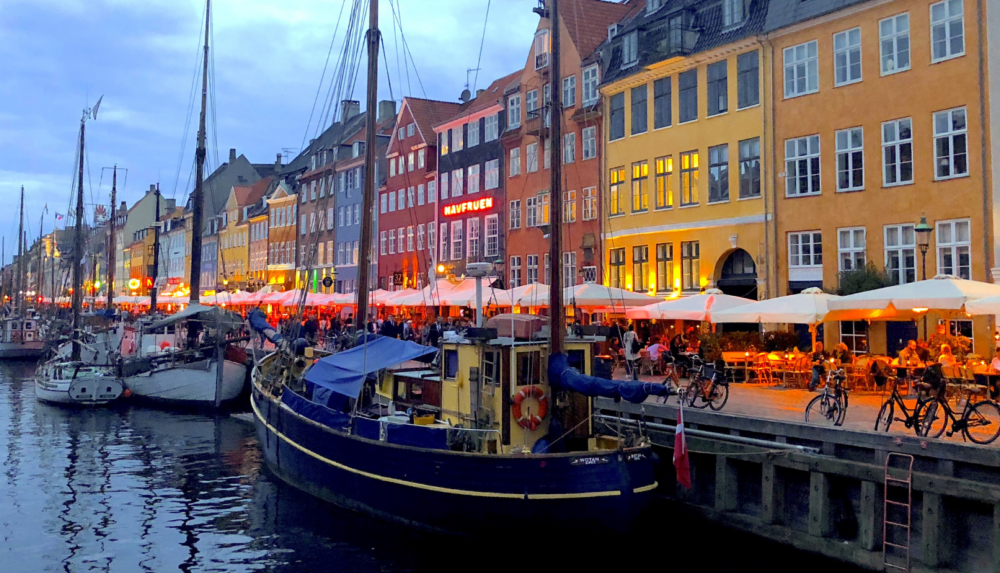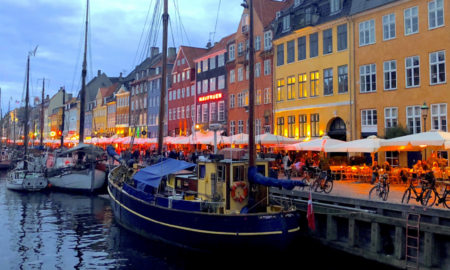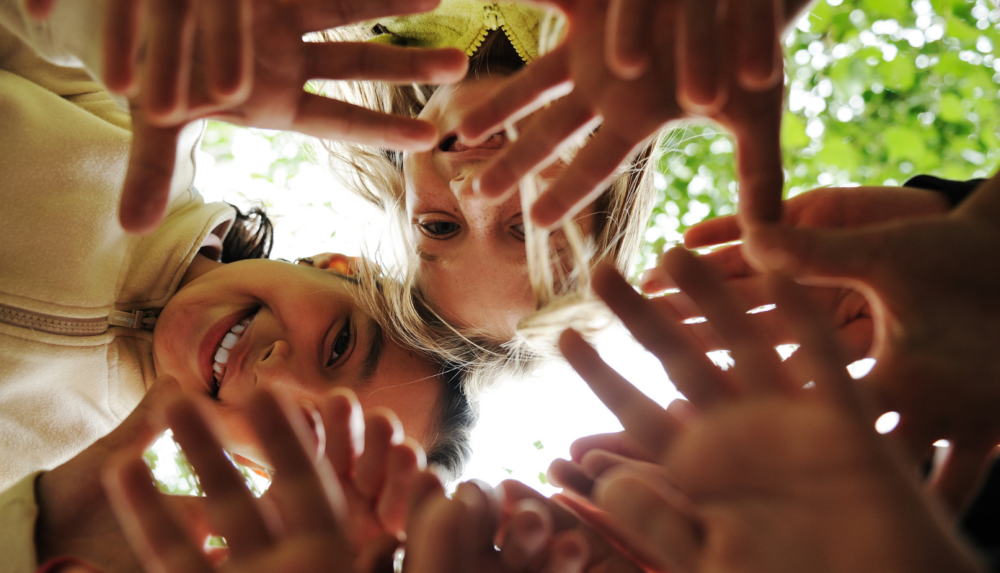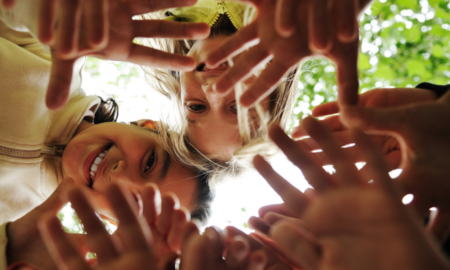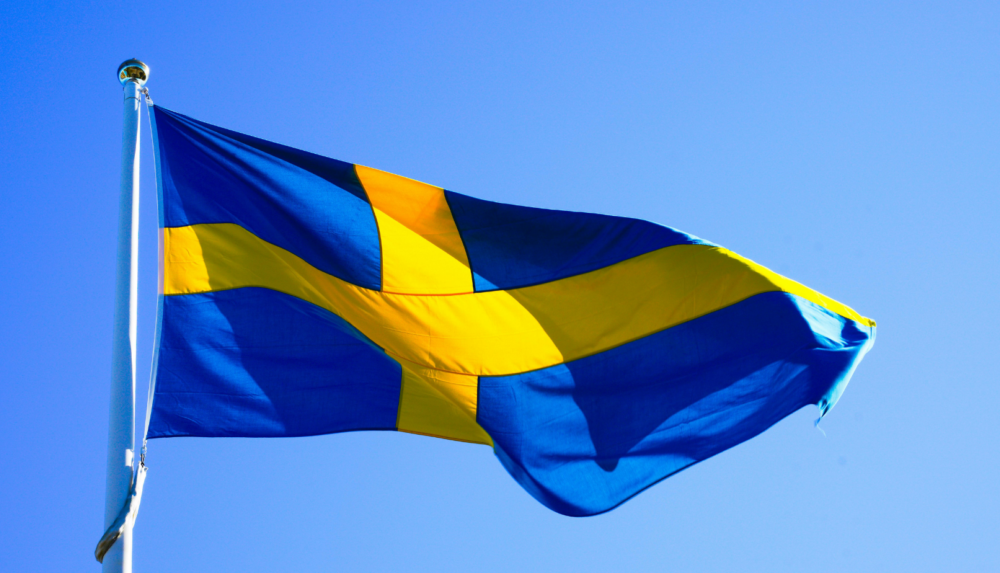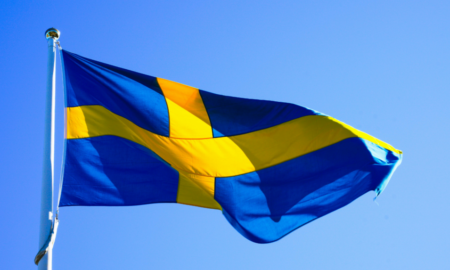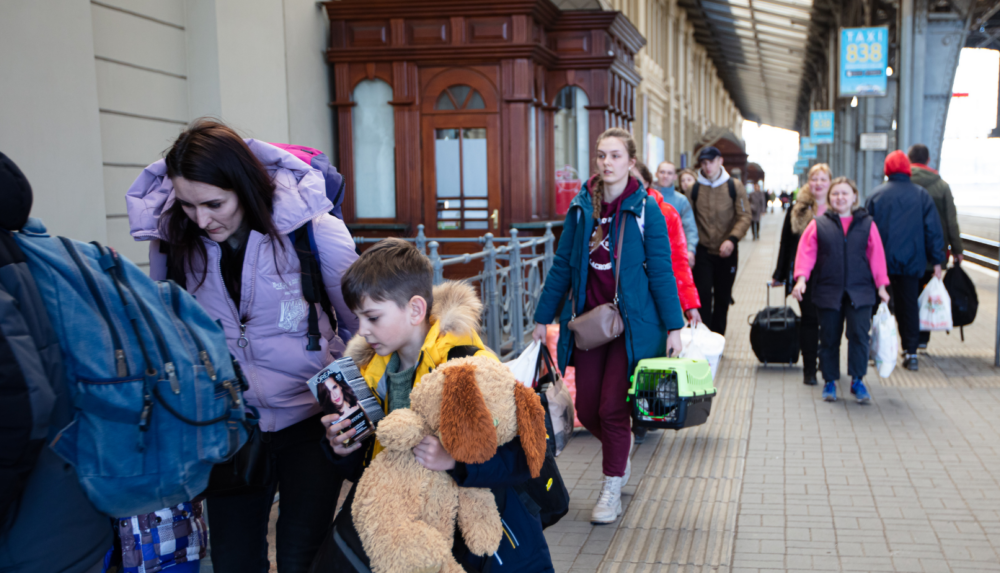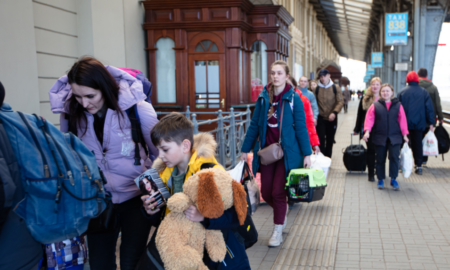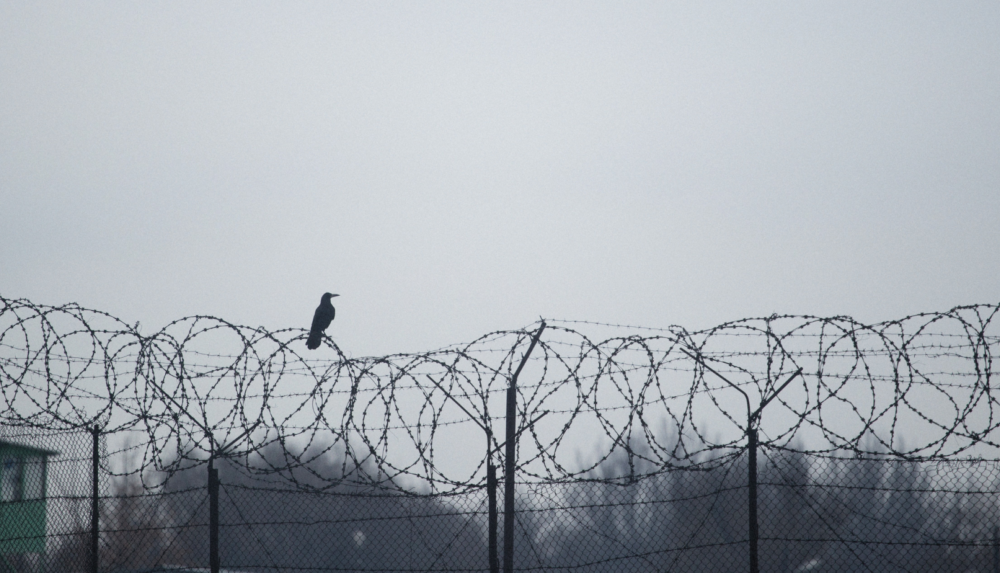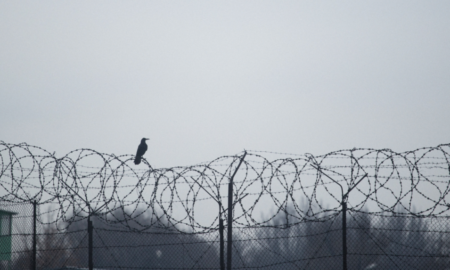There are various complementary therapies available to ensure you don’t have to switch trouble sleeping without alcohol to issues sleeping without medication. Getting to sleep after you quit drink entirely can also be a challenging experience, though it gets easier with time. Don’t give up if you don’t notice any massive changes straight away.
- REM sleep kicks in around 90 minutes after you fall asleep, where eye movements restart and your breathing and heartbeat will quicken.
- However, this time can be quite challenging, especially for a suicidal alcoholic.
- This may result in higher concentrations of alcohol in the blood and more significant effects from drinking.
- To reduce the risk of sleep disruptions, you should stop drinking alcohol at least four hours before bedtime.
- The best way to do this is to leave longer and longer amounts of time between having a drink and bedtime.
- While alcohol use can cause hidden insomnia, a more obvious form can occur during alcohol withdrawal.
This makes it difficult to stay asleep, but it may not be directly noticeable. Insomnia due to alcohol can be hidden, creating symptoms of fatigue and sleepiness during the day without an apparent cause. Insomnia and alcohol use can cause a negative feedback loop, as drinking alcohol to get to sleep can cause more of a hidden insomnia. There are many other lifestyle strategies for insomnia such as yoga, meditation, and sauna or steamroom therapy. While these can be helpful, especially in the months after quitting drinking, the importance of biochemical repair for alcohol withdrawal cannot be overstated. Interestingly, kava bars are cropping up around the U.S. – and they’re a huge hit with people who have quit drinking alcohol.
How to Fall Asleep Without Drinking Alcohol
Others were gathered from a variety of reputable books and studies on the subject of nutritional repair for alcoholism and insomnia. I know this because I’m now an average person who has occasional https://sober-house.org/ insomnia. Fortunately, the remedies I’m about to share with you still work for me to this day. His research and clinical practice focuses on the entire myriad of sleep disorders.
Both suppress your central nervous system, potentially increasing the risk of a dangerous overdose. Additionally, alcohol can slow your body’s ability to process sleeping pills, giving them greater effects than they typically would. Alcohol can cause sleep apnea by causing your throat and tongue muscles to relax more than they should while you sleep. This allows your tongue to fall into the back of your throat while you sleep, obstructing your airway and causing sleep apnea.
And while the occasional urge to imbibe is normal, making it a daily habit can be disruptive to your health and well being. Drinking can also negatively impact sleep as the alcohol in your blood interrupts and compromises the recovery effects of your sleep cycle. Sleep disorders like insomnia can co-occur with alcohol abuse, and treating insomnia can improve a person’s sleep quality while in recovery. A person might think that having a drink before bed may help them sleep because alcohol helps them relax. However, alcohol is detrimental to getting a good night’s rest.
Personal Relaxation Methods
In some cases, reactions may also result from an allergy to a grain such as corn or wheat in alcoholic beverages. If a person combines alcohol with certain medications, this may also cause a reaction. However, if they want to have tests to check their alcohol intolerance, they can contact a doctor to ensure they are drinking safely. If a person develops eco sober house boston a mild intolerance to alcohol or an ingredient in beverages, they may be able to manage it themselves simply by avoiding or limiting alcohol or certain drinks. Donald Gianassi is a renowned author and journalist based in San Francisco. He has been writing articles for several years, covering a wide range of topics from politics to health to lifestyle.
And you’ll find that you can fall asleep more naturally, because you’ve developed a healthy, biological sleeping pattern. Insomnia is defined as regular trouble falling asleep and/or waking up throughout the night. It is sometimes caused by disruption to your body clock, or circadian rhythm. Alcohol affects your circadian rhythm making it more likely to worsen your insomnia, rather than improving your sleep.
Changes in metabolism with age
Known for his engaging writing style and insightful commentary, he has earned the respect of both his peers and readers alike. If you sleep better when you don’t drink, you might consider stopping alcohol use entirely. However, if you continue to have sleeping difficulties, reach out to a sleep specialist. Alcohol may be consumed in beer, wine, and hard liquors like vodka, rum, gin, and whiskey. It is more often consumed at night, also called a nightcap, and may negatively affect your sleep.
- When you undergo hypnosis, or self-hypnosis, your mind falls into a deeply suggestible state.
- You’ll also increase your tolerance, meaning you need to drink more to have the same effect.
- It can seriously suppress the immune system, impair cognitive and motor function, and increase the risk for heart disease, heart attack, stroke, diabetes, and more.
- In this case, the research has examined how alcohol coupled with night shift work essentially kicks open the door to microbiome dysfunction.
- They possibly saved my life from seizures during severe withdrawal.
This means talking to a professional about strategies to overcome your sleep disorder. If you struggled with things like restless leg syndrome, snoring, or sleep talking, there may be a sleep disorder at the heart of your problem. This means you’ll probably end up running to the bathroom more often during the night. Using alcohol to sleep might seem like a good idea at first, but after a while you notice the long-term problems. Unfortunately, if you need alcohol to sleep, you may struggle long-term.
Insomnia, the most common sleep disorder, is marked by periods of difficulty falling or staying asleep. Insomnia occurs despite the opportunity and desire to sleep, and leads to excessive daytime sleepiness and other negative effects. There are some ways to provide yourself with an alcohol insomnia cure. Although none of the possible strategies may work correctly, many may help to lessen the symptoms.
Alcohol & Sleep: Dependent on Alcohol to Sleep
When you first start drinking alcohol, you don’t notice the effects on your sleep. A person’s tolerance may also change over time due to a decline in body mass in older adults. This may result in higher concentrations of alcohol in the blood and more significant effects from drinking. A person may experience sickness after drinking alcohol due to an intolerance or sensitivity to an ingredient. It may also be a sign of a hangover or result of a lack of water or sleep.
For some addicts, the problem may be their urge to constantly sip on something. It can be quite beneficial to replace alcohol with warm milk or tea. Decaffeinated tea, such as chamomile tea, has a relaxing effect and can help you unwind at night. Being active or exercising before bed can promote sleep by increasing your level of fatigue.
Things to Do If You Can’t Sleep Without Alcohol
This is why a short term fix like alcohol is never recommended for insomnia. If “practising good sleep hygiene” sounds a little too clinical, think about it like this. Create a relaxing wind-down routine before bed, and don’t be afraid to switch up your tactics to find out what works best for you.



